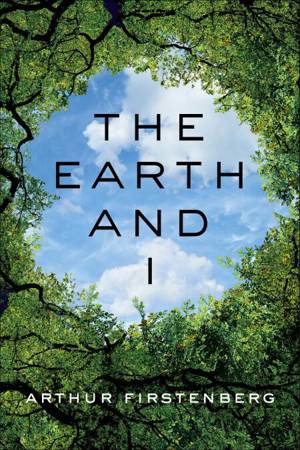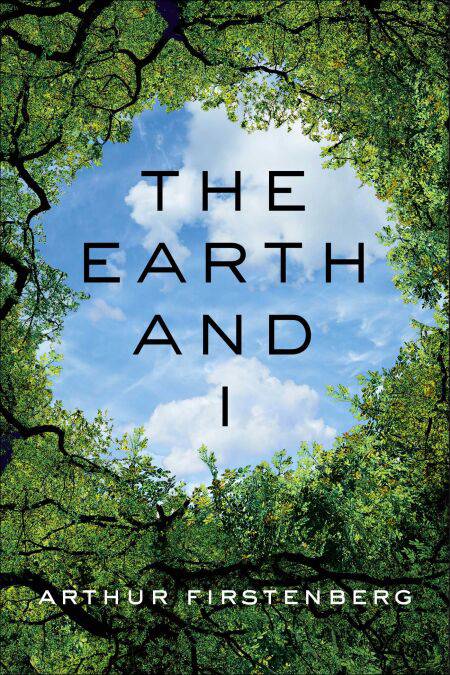
- Afhalen na 1 uur in een winkel met voorraad
- Gratis thuislevering in België vanaf € 30
- Ruim aanbod met 7 miljoen producten
- Afhalen na 1 uur in een winkel met voorraad
- Gratis thuislevering in België vanaf € 30
- Ruim aanbod met 7 miljoen producten
Zoeken
Omschrijving
Almost all environmental books treat the environmental crisis as though humans are in charge of nature, rather than part of it. The Earth and I is the first book to put all preconceived notions aside and to ask, naïvely: Who are we really? What is our relationship to the earth? How is it possible that we, out of all the millions of species, have come to destroy our common home? The answers are surprising and have far-reaching implications for those searching for solutions.
Part One tells what is happening to the earth’s systems and how they are being destroyed. It rewrites the two-million-year history of humanity’s tenure on the earth as if we are part of nature and not separate from it, and describes both the earth and the universe as living systems. It paints a global, coherent picture of the devastation to Earth’s air, water, forests, and creatures that is not found elsewhere. It reviews assaults on these systems that are not treated adequately, if at all, elsewhere: chemicals; radiation; plastics; detergents; biocides; noise; cars; and guns.
Part Two, “Digging below the Surface,” asks why, and enters territory not previously explored by environmentalists. It describes the various ways to make a living on the earth—hunting and gathering, shifting agriculture, nomadic herding, settled agriculture, and industrial technology—as choices, not eras—choices coexisting with one another until today. It rewrites economics. It explores the relationship of warfare, slavery, religion, and human sexuality to the environmental crisis. And it is forced to conclude that these aspects of human culture are not only shaped, but created by the technologies we use; that the use of non-human sources of energy interferes with human psychological development; and that the unfulfilled urges within us explode in the violent technologies that are destroying our planet.
The solutions, if it is not too late, therefore lie in wise choice, rather than wise use, of our technologies.
Part One tells what is happening to the earth’s systems and how they are being destroyed. It rewrites the two-million-year history of humanity’s tenure on the earth as if we are part of nature and not separate from it, and describes both the earth and the universe as living systems. It paints a global, coherent picture of the devastation to Earth’s air, water, forests, and creatures that is not found elsewhere. It reviews assaults on these systems that are not treated adequately, if at all, elsewhere: chemicals; radiation; plastics; detergents; biocides; noise; cars; and guns.
Part Two, “Digging below the Surface,” asks why, and enters territory not previously explored by environmentalists. It describes the various ways to make a living on the earth—hunting and gathering, shifting agriculture, nomadic herding, settled agriculture, and industrial technology—as choices, not eras—choices coexisting with one another until today. It rewrites economics. It explores the relationship of warfare, slavery, religion, and human sexuality to the environmental crisis. And it is forced to conclude that these aspects of human culture are not only shaped, but created by the technologies we use; that the use of non-human sources of energy interferes with human psychological development; and that the unfulfilled urges within us explode in the violent technologies that are destroying our planet.
The solutions, if it is not too late, therefore lie in wise choice, rather than wise use, of our technologies.
Specificaties
Betrokkenen
- Auteur(s):
- Uitgeverij:
Inhoud
- Aantal bladzijden:
- 504
- Taal:
- Engels
Eigenschappen
- Productcode (EAN):
- 9781510781849
- Verschijningsdatum:
- 6/01/2025
- Uitvoering:
- E-book
- Beveiligd met:
- Adobe DRM
- Formaat:
- ePub

Alleen bij Standaard Boekhandel
+ 30 punten op je klantenkaart van Standaard Boekhandel
Beoordelingen
We publiceren alleen reviews die voldoen aan de voorwaarden voor reviews. Bekijk onze voorwaarden voor reviews.











